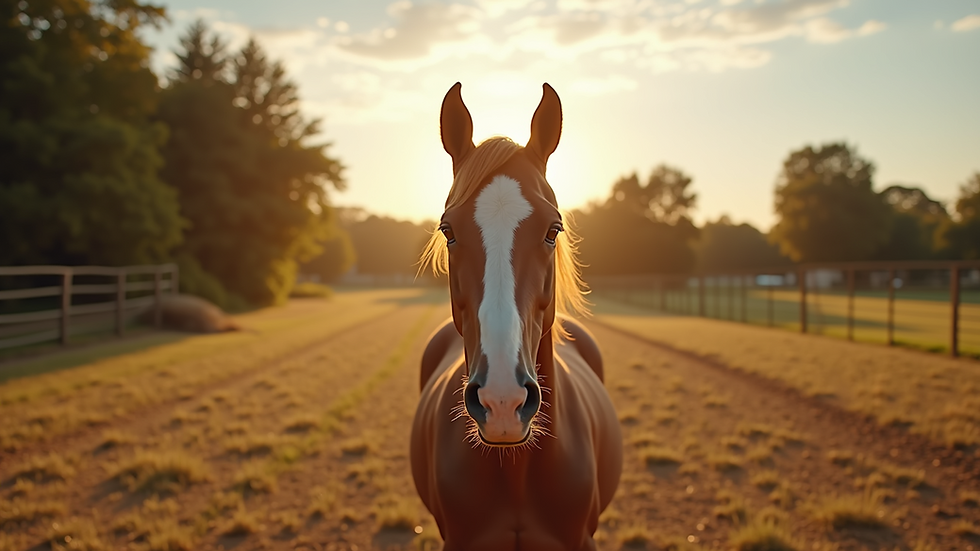STAT Featured in NEXTPittsburgh
- Kristy Locklin, Writer
- Aug 28, 2019
- 3 min read
Pittsburgh equine therapy programs offer life-changing support to kids with special needs
Kristy Locklin
August 28, 2019
Kidsburgh Pittsburgh
When Mason Markosky was born 14 weeks premature, he was left with brain damage and irreparable injury to his airway. Along with a diagnosis of Costello syndrome and cerebral palsy, his parents were told Mason was not likely to survive. Despite those odds, today he is 19 years old and capable of walking on his own. The remarkable change is due, in large part, to riding horses.
Mason’s healing process with horses began at age 3. Still unable to bend at the waist or perform simple motor skills, Mason’s parents enrolled him in hippotherapy, a physical therapy named after the Greek word for horse. A horse’s gait moves a rider’s hips and pelvis, facilitates breathing and strengthens muscle tone, which is an added bonus for kids with limited or no mobility.
His mom, Cat Markosky, was skeptical at first. “He was so fragile,” she says. “I couldn’t even sit him up, let along put him on a horse. I went and watched a session with another little boy who was pretty intense, like Mason. I talked to the mom and she was telling me he was like a noodle and now he has all this core strength. All from riding a horse.”
Mason started riding twice a week. He was frightened for the first few months until he realized this activity wasn’t like a trip to the doctor’s office. It was supposed to be fun. Now he sits tall in the saddle, filled with pride and joy. By age 5, he could move about with a walker. By age 7, he took his first steps unassisted.
Mason’s experience led his parents, Michael and Cat Markosky, to found STAT Inc. Ligonier Therapeutic Center in 2007.
The 20-acre, volunteer-run therapy center currently boards eight privately owned horses. All shapes, sizes and breeds — from mustangs, draft horses and a Clydesdale mix — are included in the lineup. The horses work in the arena and on trails, giving kids experiences in and out of the saddle.
Mason’s younger brother, Max, benefited from equine therapy, too. For the first six years of his life, the autistic boy didn’t speak. Then one day, on the back of a horse, Max said his first words: “Go faster!”

Through the Equine Assisted Growth and Learning Association’s (EAGALA) therapy model, clients dealing with mental health issues such as depression, anxiety, or addiction can benefit simply by being near a horse out in the pasture. The animal serves as a metaphor for something going on in their personal life.
Cat discovered this while working toward her EAGALA certification in North Carolina. The instructor asked her to name one thing she’d like to change in her life.
The mother of three, two with special needs, wanted freedom.
She was told to enter the arena, where three horses were standing, and find it. Begrudgingly, she went around to each animal, noticing the different reactions she got from each one.
“I looked around the ring and realized that each one represented my kids,” she says. “It washed all of the resentment out of my body. That healed this huge piece of me. That’s how I fell in love with this therapy. I want everybody to feel the freedom that I felt that day.”
The Markosky’s STAT Inc. Ligonier Therapeutic Center is one of a number of programs in the Pittsburgh area offering equine therapy.












Comments